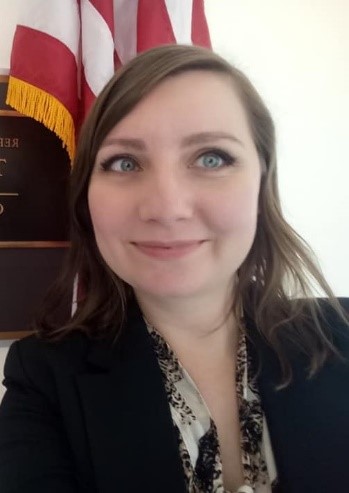From Bioenergy to Ocean Energy, Location Affects the Life Cycle Climate Change Impacts of Emerging Energy Systems
About the Talk:
Life cycle assessment (LCA) is a valuable tool to measure the cradle-to-grave climate change impacts of sustainable energy systems that are planned to replace conventional fossil energy-based systems. The field of LCA is evolving to incorporate increased geographic specificity by utilizing GIS and satellite data and conducting site-specific analyses, which has led to important conclusions for bioenergy and renewable energy systems. Dr. Fortier will cover her past and ongoing research on the integration of geographic data at different scales in LCAs of various energy systems, from algae biofuels to woody biomass energy pathways and ocean energy systems. This evolving field of study aims to improve our understanding of the sustainability of novel energy systems and to optimize siting of new installations towards a reduction in life cycle climate change impacts.
Bio:
 |
Dr. Marie-Odile Fortier is an Assistant Professor in the Department of Civil and Environmental Engineering at the University of California, Merced. From 2015 to 2018, she was an Assistant Professor at the State University of New York College of Environmental Science and Forestry (SUNY ESF) in the Sustainable Energy Management program. She has a PhD in Environmental Engineering from the University of Kansas (2015) and a Bachelor’s degree in Environmental Engineering and Sciences from the University of Florida (2010). She was awarded the college-wide 2017 Distinguished Teaching Award at SUNY ESF. Dr. Fortier’s research primarily focuses on modeling and assessing the geographically specific life cycle climate change impacts of sustainable energy systems, including land use change and albedo change impacts and stochastic considerations |



